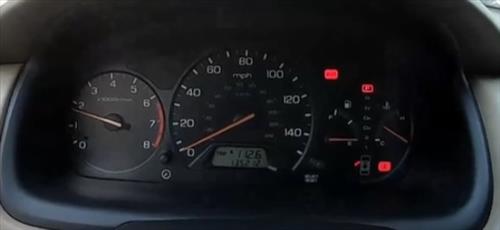
If you step on the gas pedal and a car won’t accelerate, but the RPMs go up, there is an issue getting power to the drive-train.
The engine provides power which is then sent through the transmission and axles to the tires.
When there is an issue with one of the drive-train components, the RPMs will go up, but the car will not accelerate or move.
In some cases, the RPM of the car will go up quickly, but acceleration is very slow. The same causes and failures will also apply.
Why is My Car Not Accelerating When I Press the Gas Pedal?
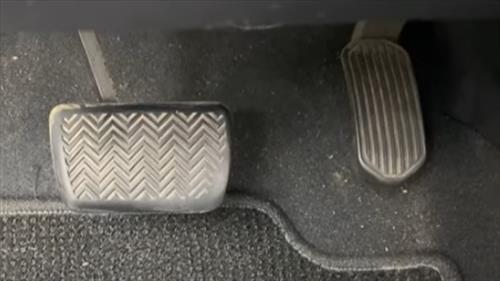
If the engine is running and RPMs go up, but the car does not accelerate, there is a power train issue at some point after the engine.
Causes can include the low ATF fluid, failed transmission, bad clutch, and more.
Each component will need to be checked to find the source of the problem.
5 Causes and Fixes When a Car Won’t Accelerate and Move But RPMs Go Up
- Low on Transmission Fluid
- Failed Transmission
- Failed Torque Converter
- Bad Clutch (Manual Transmission)
- Engine Control Module or Failed Sensor
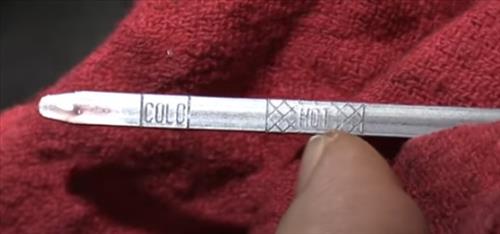
A common issue when the engine revs but the vehicle does not move is the transmission is low on fluid.
Check the transmission fluid level and be sure it is not low.
Almost all vehicles have a transmission dipstick that can be pulled out to check the fluid level.
Some vehicles can be checked while cold, and some need to be warmed up to get the correct level.
The dip stick will have markings that the fluid level needs to be at for the transmission to work properly.
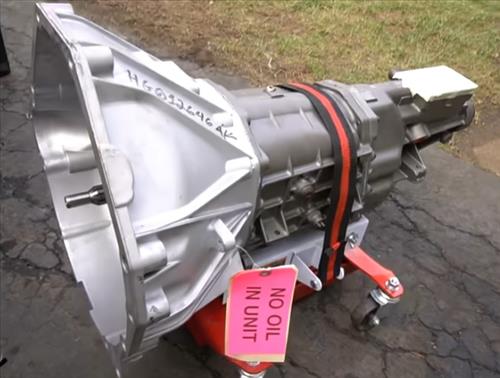
The transmission may have failed and needs to be repaired or replaced.
Other components should be checked first, such as fluid and the filter.
If the transmission fluid is very dark and not red, it may need to be changed along with a new filter.
Checking for any transmission error codes with an OBDII scan tool will show if there is a problem with the transmission.
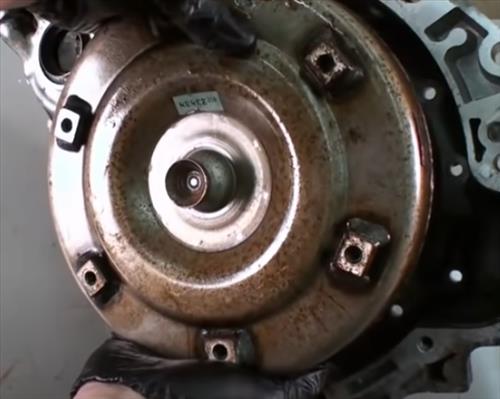
If the torque converter goes bad, it will fail to engage the transmission.
Usually, symptoms of a failing torque converter are noticeable before it malfunctions completely, such as shuddering, slipping, lag, or vibrating.
If your car has been experiencing those issues previously, then the torque converter may have failed.
While manual transmission is not common these days, some vehicles still have them.
If your car or truck has a manual transmission, the clutch may be worn and failing.
While rare, the ECM (Engine control module) may have failed.
Modern vehicles have an onboard computer called an ECM that controls the engine and drive-train.
The ECM receives information from sensors that also may have failed.
If the ECM is getting the wrong information from a failed sensor, it can also cause issues.
Summary
When a car’s RPMs go higher, but the car does not move or accelerate, there is an issue with getting the engine power to the tires.
An engine’s power is transferred to the tires through the transmission and axles.
An automatic transmission will often have an issue if it is low on ATF fluid. Check the ATF fluid level and be sure it is correct.
It can also have issues if the fluid is very dirty and possibly clogging up the filter.
The ATF fluid should be red to look at, and if very dark, it is very dirty needing to be changed out.
The torque converter may also have failed but usually will give other symptoms before failing completely.
If you have a manual transmission, the clutch may have gone bad and need to be replaced.
A sensor or the ECM could also have a problem and should be tested when all other things have been checked.
Have you had issues with a car that will not accelerate and move, but RPMs go up? Let us know your thoughts below.